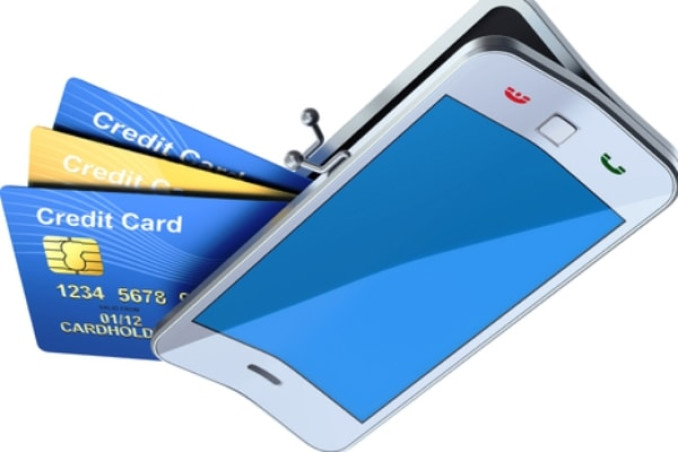Mobile Money Use on the Rise in West Africa

MAY 21,2014.
Olusegun Abolaji Ogundeji.
Computerworld West Africa.
Despite the slow take off of mobile money services in West Africa relative to other regions on the continent, operators in the area are beginning to report signs of success.
Despite the slow take off of mobile money services in West Africa relative to other regions on the continent, operators in the area are beginning to report signs of success.
Last month, Orange confirmed the 10 millionth customer for its mobile money service, which started in 2008 and is now available in 13 countries, five of which are in West Africa. The announcement came barely a week after Airtel announced a cross-border remittance partnership with South Africa's MTN to facilitate mobile money transfer between the two West African countries of Ivory Coast and Burkina Faso.
MTN says its mobile money services are growing rapidly, especially in West Africa.
"As of March 2014, MTN had over 16 million MTN Mobile Money customers. MTN Mobile Money is available in 15 countries, and remains the single largest deployment of the mobile money service by any mobile network operator on the African continent," the group stated via email. "In West Africa, MTN Mobile Money is available in Guinea Bissau, Guinea Conakry, Liberia, Cote d'Ivoire, Ghana, Benin and Cameroon."
Orange noted that more than 2.2 billion euros in transactions were conducted through its mobile money service in 2013 and in some countries, such as Côte d'Ivoire, more than 40 percent of its customers have an Orange Money account.
"Mobile financial services is driven in Africa by low banking penetration rates (less than 10 percent across the continent); increased demand for remote and online transactions (leading to partnership with retailers, service providers and other entities in need of accepting payments remotely); and expansion of mobile networks," said Thécla Mbongue, a senior research analyst at Informa Telecoms & Media, via e-mail.
A variety of factors contribute to the increasing use of mobile money services in West Africa, agreed Sabine Some-Mensah, vice president of business development at business consultancy Digipact International.
"First, mobile money addresses market needs: indeed, a growing population, the increasing number of financial transactions and the penetration of mobile phones in West Africa favor the adoption of mobile money," she noted via email. "Second, technology today makes mobile money accessible to all and MNOs now have the drive to offer and market solutions beyond voice. And ultimately, mobile money makes life more convenient for users; so word of mouth plasy an influential role in fostering adoption."
Africa is leading the world in mobile money deployments, Some-Mensah pointed out, noting that the GSMA mobile technology association has reported that at the end of 2013, 52 percent of all 219 mobile money deployments were in Sub-Saharan Africa. But even though 7.8 million customers have registered for mobile money services in West Africa, the region is behind other areas of the continent, she said.
For example, in Kenya alone, M-PESA has over 23 million customers and 74 percent of adults in the country used mobile money services in 2013, Some-Mensah said.
Various approaches are being developed to encourage the use of mobile money services, in West Africa and elsewhere. For example, Airtel is offering a bonus for using its Airtel Money, including air time, and Orange has added international money transfer services to its mobile service.
Mobile money services are now becoming accepted as a form of payment in various areas West African countries, Mbongue noted. In some West African countries, mobile money services are being used to pay school fees. For example, Moov has partnered with the University of Togo to allow for mobile payments.
The use of mobile money services is likely to increase as mobile devices are used for all sorts of other services as well, Mbongue pointed out. Innovative uses of mobile services include the Môh Ni Bah birth registration service available in Cote d'Ivoire and Senegal, which allows for registration via SMS or mobile app, and election board services via mobile phone in Burkina Faso.
"The challenge now for the whole industry is to fast-track the adoption of mobile financial services," Some Mensah said. "This would come through educating and convincing customers about the value and benefits of mobile money; growing an ecosystem so customers can use mobile money in more ways and at more locations; and developing adequate infrastructures to support this market evolution."
Source: Computerworld West Africa
 Africas leading resource for digital financial services
Africas leading resource for digital financial services


comments